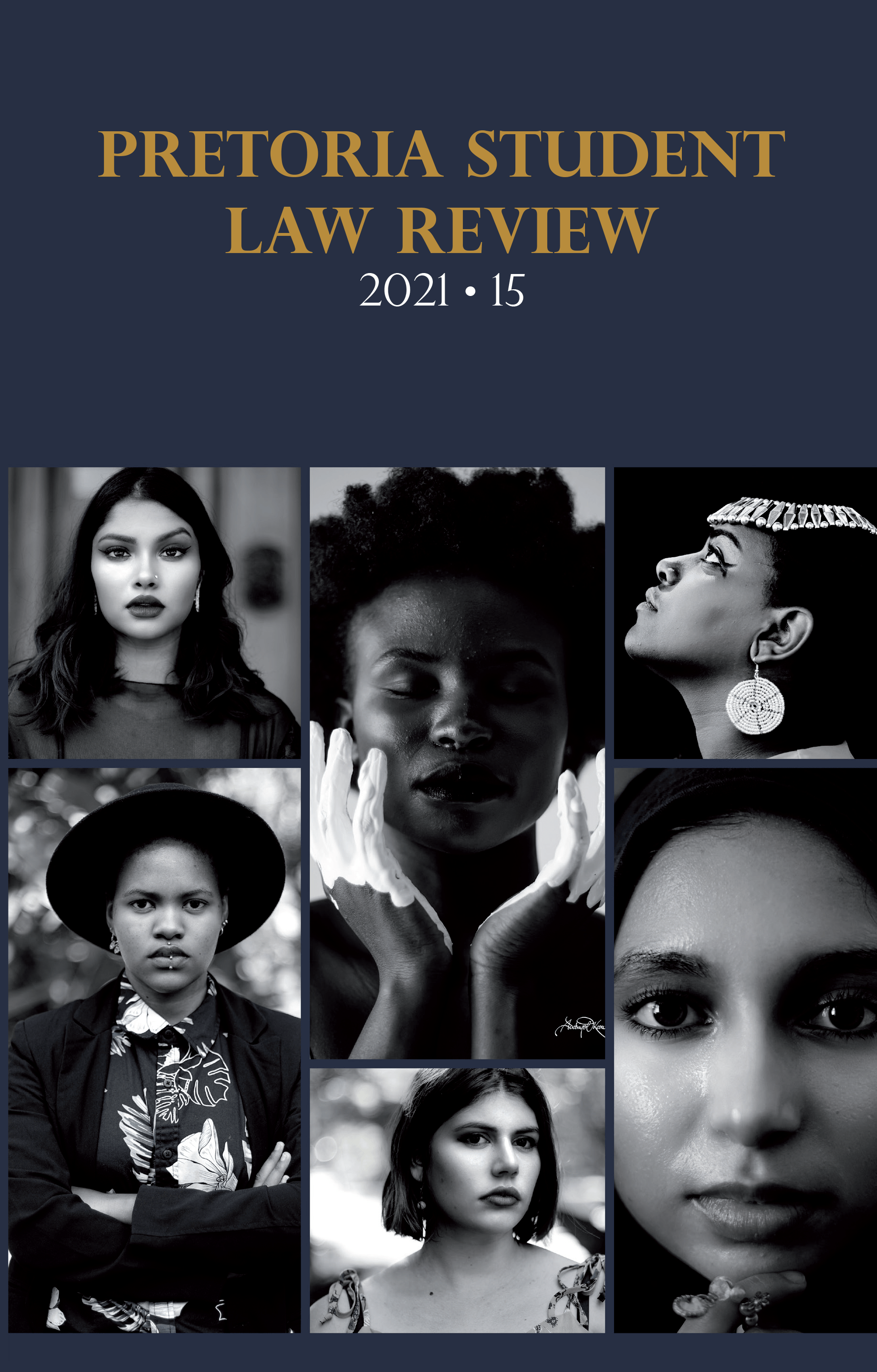THE IMPACT OF TRANSFORMATIVE CONSTITUTIONALISM IN ADDRESSING THE MARGINALISATION OF DOMESTIC WORKERS IN POST- APARTHEID SOUTH AFRICA WITH SPECIFIC REFERENCE TO MAHLANGU AND ANOTHER V MINISTER OF LABOUR AND OTHERS (COMMISSION FOR GENDER EQUALITY AND ANOT
DOI:
https://doi.org/10.29053/pslr.v15i1.3667Keywords:
Mahlangu and another v Minister of Labour and Others, domestic workers, worker's compensation, transformative constitutionalismAbstract
Domestic workers play an important role in supporting the labour market and the economy, enabling economically active members of society to pursue their careers and aspirations. Sadly, despite this, domestic work remains undervalued and unrecognised and domestic workers continue to suffer as the most oppressed and exploited sector of the economy. This paper will explore domestic workers’ rights in post-apartheid South Africa, as well as the reforms and measures taken to improve their employment conditions. Transformative constitutionalism will be scrutinised with reference to the case of Mahlangu and another v Minister of Labour and Others (Commission for Gender Equality and Another as amici curiae) as a possible answer to the continued marginalisation of domestic workers. Although transformative constitutionalism as a legal theory is still relevant for transformation, a large-scale cultural reform is also needed before domestic workers will finally enjoy the promise of a free and equal South Africa.





